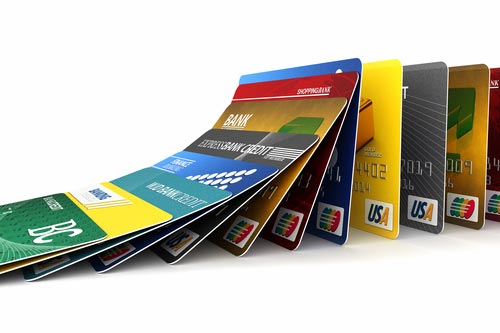Chargebacks occur when clients contact their credit card issuers to dispute charges on goods and services obtained. If the card issuer deems a dispute valid, the business’s account is debited for a credit card charge that had previously been cleared. This ends up costing the business money in form of additional fees that range anywhere from $10 to $100.There are many valid reasons for disputes. For example, several purchases made fraudulently by unknown people or third parties using a customer’s identity. If this does happen, the customer may disown the charges for the following reasons:
- Was billed incorrectly
- A feeling that a service or product offered was misrepresented or was substandard
- Doesn’t recognize a charge on his credit card records
- Did not receive a product he or she ordered
With more and more business transactions being conducted online and the card issuers overly enthusiastic to keep the cardholders happy, chargebacks have risen significantly these days. This has made chargebacks a big issue for a majority of small businesses that accept debit or credit card payments. Here are some proven ways to help minimize the risk of chargebacks for your business:
Follow the laid down credit card processing protocol
The available credit and debit cards in the market today have own processing protocol that businesses to follow when accepting them as a form of payment for goods and services. For example, for every “card-present” purchases made, the card must be physically swiped. While at this, ensure to verify the expiration dates and then entering the unique security code on the back or front of the card.
The credit card processor might specially require permitting you to process card-not-present purchases, like those made over the phone or online, as an added security feature. For these transactions to be allowed, extra details such as customer’s digital signature, IP address, etc, have to be captured. Quite a number of credit card processors require additional confirmation through trusted services such as MasterCard or Visa SecureCode, which demands that users who opt in to input extra passwords to authorize debit or credit card payments online.
Get everything down in black and white
To protect yourself, demand that all purchasers to sign a physical agreement that clearly spells out the precise services that your business provides. Give them as many options as you can and have them return the signed agreement through the mail or fax. They can also sign the agreement with a fingerprint via a smartphone application or electronically online. The main reason for this is to get the customer’s approval in writing.
Promptly deal with customer service issues
Credit card payment processors are likely to offer chargeback notifications well in advance so that you can detect if your customer is disputing a charge. It is recommended that you take advantage of these notifications to address the issue at hand beforehand. This way, you will be able to avoid these chargebacks getting out of hand.
Keep good records regularly
It is always important to keep accurate records of customer’s credit card transaction dates, amounts charged, and authorization details. This way, if there is a dispute at a later date, you can be able to refer to this info to fight a chargeback.
